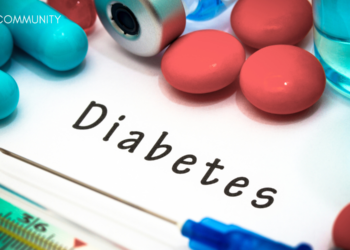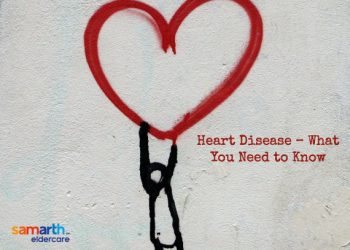Do you know which country is called the World Diabetes Capital? It is India. No, it is not because of the enormous number of sweets we consume for every occasion! It has earned this title due to exponential rise of diabetic patients in recent times.
There are a lot of myths surrounding diabetes. And it is to dispel these myths and bring awareness in the community that World Diabetes Day is observed on 14th November every year – birthday of Sir Frederick Banting, who co-discovered insulin along with Charles Best.
World Diabetes Day (WDD) was created in 1991 by the International Diabetes Federation (IDF) and the World Health Organization (WHO) to counter the growing concerns about the increasing diabetes-related health threats. United Nations officially adopted WDD in 2006. Every year a theme is associated, and for 2022-23, it is ‘Access to Diabetes Care ‘. The importance of this theme will hit home when you realise that there were 53.7 crore adults living with diabetes in 2021. The affected numbers are expected to touch 64.3 crores by 2030 and 78.3 crores by 2045. What is worse is that it caused 67 lakh deaths in 2021. Hence, awareness and access to care become crucial to save lives and improve the quality of life. The theme is backed by a slogan,” Education to protect tomorrow”. On this occasion, let’s do our bit and debunk a few common myths about this disease.

Join Now >
Eating Sugar Causes Diabetes
Of course, we Indians are obsessed with our sweets – the jalebi, gulab jamun, rosogulla, halwa, peda, kheer, and an unending list! Whatever the occasion, we love eating our sweets. The good news is that eating sweets does not directly cause diabetes provided you follow a healthy lifestyle. Eating sweets and having an unhealthy lifestyle can cause you to become obese. That is a prime risk factor for developing Type 2 diabetes. So, the bottom line is to eat sweets moderately and follow a healthy lifestyle.
There is another side to this myth wherein people believe that if they don’t eat sweets, they won’t get diabetes. That is also not true. Almost everything we eat gets converted to sugar in our blood levels to varying degrees. A glycemic index is associated with every food that tells us how much sugar gets into our blood when we eat something. Additionally, people with diabetes can eat sweets in moderate quantities with a healthy diet plan and careful monitoring without going overboard.
Diabetes is not serious
This one is a bit tricky. It is not serious enough that you worry too much about it. However, it is serious enough to ensure periodic monitoring and medication. As mentioned above, it can lead to health issues that can cause death. Diabetes can cause complications such as cardiovascular diseases, nerve and kidney damage, blindness, skin conditions, and hearing issues. Of course, when diabetes is uncontrolled, it can also lead to amputations in a few cases. Hence, it cannot be brushed aside as a lifestyle disease. It is a fact that it has no cure.
Prediabetes always leads to diabetes
Prediabetes is when you have more than a permissible blood sugar level but it is yet qualified as diabetes. This scenario can cause people a lot of anxiety, as they believe it is just a prelude to developing diabetes. With some care and lifestyle changes, prediabetes can be reversed and need not lead to diabetes. If left unchecked without monitoring, it can lead to Type 2 diabetes.
People with diabetes need special foods
If you are diabetic and have been getting special foods prepared at home, it need not be the case. Some foods marketed as special foods meant for diabetics may not be suited for diabetes as they may contain a high amount of saturated fats and sweeteners. It is also a myth that diabetic people should not eat fruits. Rather, they should include fresh fruits, dry fruits and veggies in their diet, like others in the household. The key is to balance the diet and eat in moderation, like having only one fruit a day and mixing it up with other food. However, avoid processed foods, sugary drinks, and bakery products for overall better health.
Diabetes treatment is the same for all
Many people believe diabetes treatment is the same for all. The treatment for Type 1 and Type 2 diabetes differs. Even within the same type of diabetes, treatment is highly individualistic. A person’s age, medical history, risk factors, co-existing medical conditions, etc., are considered for treating diabetes. Hence, every patient needs to meet a qualified doctor and follow the treatment plan suggested. You cannot take tablets prescribed for someone else, nor should you change the dosage yourself based on mere test results. To know more about managing diabetes read here.
Five Preventive Measures for Seniors
- Eat better by choosing healthier options like fruit and vegetables.
- Consume sweets moderately.
- Keep your weight under control.
- Walk regularly on a daily basis.
- Good night sleep is essential.











